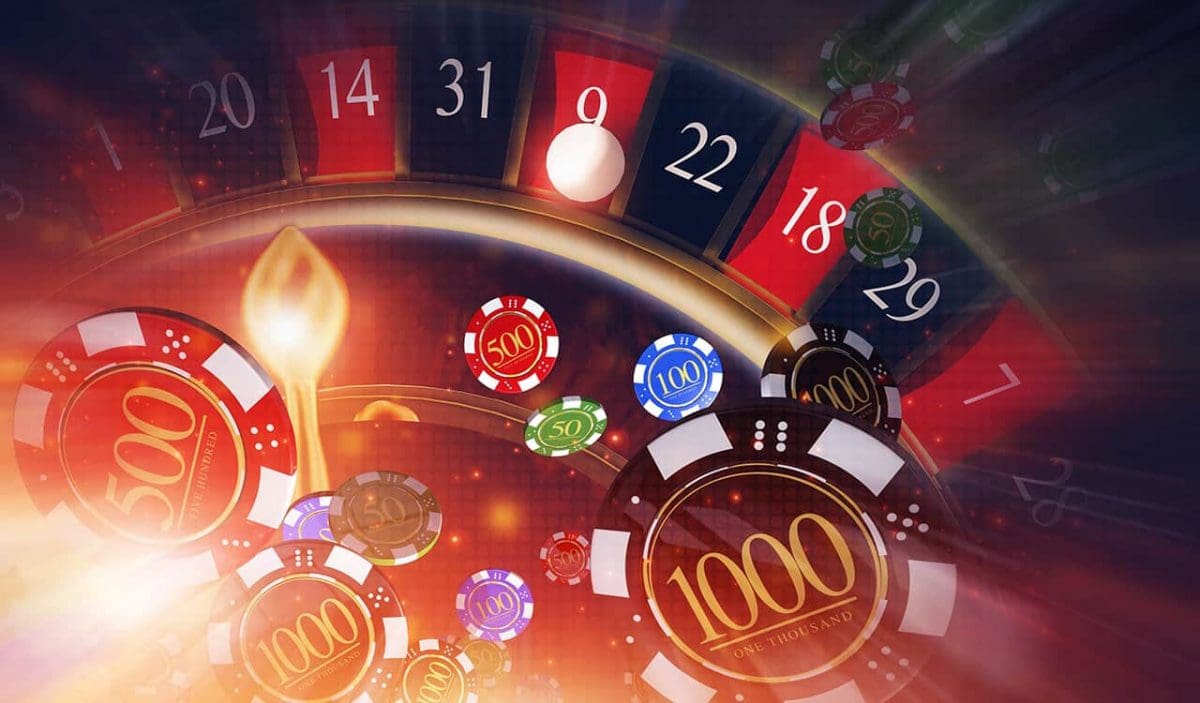
In the world of gambling, where chance and strategy converge, a unique tapestry of beliefs unfolds—one that intertwines luck, fate, and the enigmatic nature of casino games. Casinos, bustling with excitement and anticipation, are not just places for placing bets; they are also arenas where superstitions thrive. Ranging from the novice player to the seasoned gambler, these mysterious practices often shape how individuals approach the games they play, believing that their actions can impact the outcome in ways that go beyond mere probability.
As players gather around roulette wheels, blackjack tables, and slot machines, the atmosphere is thick with stories of lucky charms, rituals, and codified behavior that defy logic yet provide a sense of comfort. It could be the case that it’s wearing a specific outfit, following a particular sequence of bets, or even avoiding certain numbers, the attachment to various superstitions reflects a deep-rooted desire to control the uncontrollable. This article delves into the captivating world of casino game superstitions, examining the beliefs that simultaneously entertain and mystify those who dare to play.
Cultural Roots of Superstitions
Casino games have long been connected with an variety of superstitions that go back to primitive societies. The roots of these notions can be connected to humanity’s innate need to influence the uncertain outcomes associated with chance and chance. In primitive civilizations, games of uncertainty were often linked to ritualistic practices. Players would invoke favor or ask for favor from spirits, believing that their actions could change the outcomes in their benefit. This groundwork laid the basis for the variety of superstitions that spread as casino games evolved over ages.
During the Middle Ages, betting became a widespread hobby across Europe, and with it, a rich tapestry of superstitions emerged. Participants adopted different rituals and charms, believing they could influence the outcome of games. The value of numbers, in particular, emerged to appear in superstitions around card games and dice. The number seven was often considered lucky, while various numbers carried negative connotations. 888b These beliefs mirrored the social contexts of the time, changing as they moved through generations and changed to emerging gaming environments.
As casinos appeared in the 1600s, particularly in the Italian peninsula and France, the atmosphere surrounding gambling became steeped in mystique. The growing accessibility of gambling games allowed for the expansion and diversification of superstitions among players. Concepts like charmed charms, designated seating locations, and rituals gained prominence, creating a special culture within casinos. As these traditions continued to thrive, they became essential to the character of gambling games, illustrating how the past and tradition shape the convictions that influence how gamblers connect with luck.
Widespread Casino Superstitions
Beliefs surrounding gambling games are plentiful and varied, reflecting the hopes and fears of players as they participate in random activities. One of the most common views is that specific numbers bring luck or bad luck. For example, the digit seven is often seen as a lucky digit, frequently embraced by players looking for a favorable result. Conversely, the number thirteen is routinely considered cursed, leading many gamblers to steer clear of it during their gambling sessions.
Another common belief relates to practices that players believe can affect their odds. Whether blowing gently on dice before a throw, using a particular gesture to place a bet, or even putting on specific items of attire, many individuals feel that these actions can tilt fate in their favor. These rituals offer a feeling of power in an otherwise random environment, strengthening the idea that fortune can be manufactured through individual convictions and habits.
Finally, the environment and vibe of the gambling house itself contributes to superstition. Many gamblers suggest that the presence of certain symbols, such as four-leaf clovers or lucky tokens, can enhance their odds of winning. Additionally, gamblers might adhere to the notion that winning streaks can be interrupted by mundane occurrences, such as someone passing by or a spill at the gaming surface. The shared environment in a casino can amplify these beliefs, creating a communal culture of superstitions that goes beyond single encounters.
Impact of Superstitions on Players
Beliefs play a crucial role in the mindset of casino players, often influencing their behavior and decision-making. A lot of gamblers believe that luck can be influenced through different rituals, such as wearing a lucky charm, selecting specific colors, or avoiding certain numbers. This reliance on superstitions can create a feeling of authority in an environment that is inherently unpredictable. Players often feel more self-assured and engaged when they feel that their actions could sway the result of a game in their advantage.
The influence of these superstitions extends beyond singular players, affecting the general atmosphere within the casino. For example, a player who holds the belief in the luck of a particular slot machine might attract a crowd, as others are intrigued by their apparent luck. This shared belief can heighten excitement and create a lively environment, leading to an captivating experience even for those who may not necessarily be superstitious. The buzz around specific games can lead to increased participation and extended playing sessions, supporting the casino’s vibrant social scene.
In some cases, superstitions can lead to harmful effects for players. Relying too much on rituals can result in bad gambling decisions, as some may overlook basic strategies in favor of unfounded beliefs. Additionally, the stress to perform rituals may increase anxiety and tension, diminishing from the pleasure of the experience. Ultimately, while superstitions can enhance the thrill of playing casino games, they can also lead to poor choices that overshadow the fun and amusement intended in the casino experience.